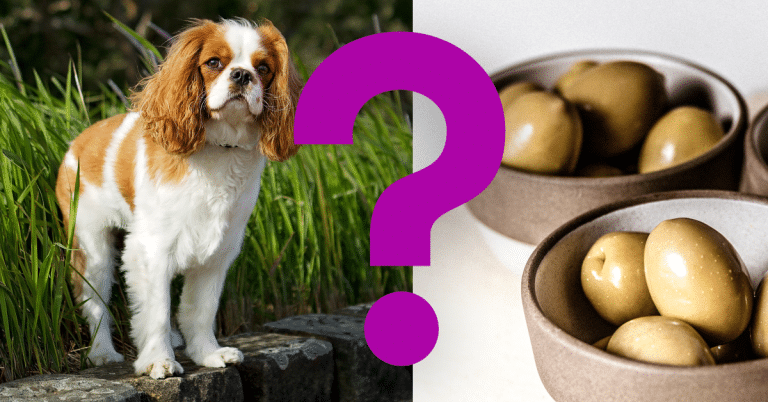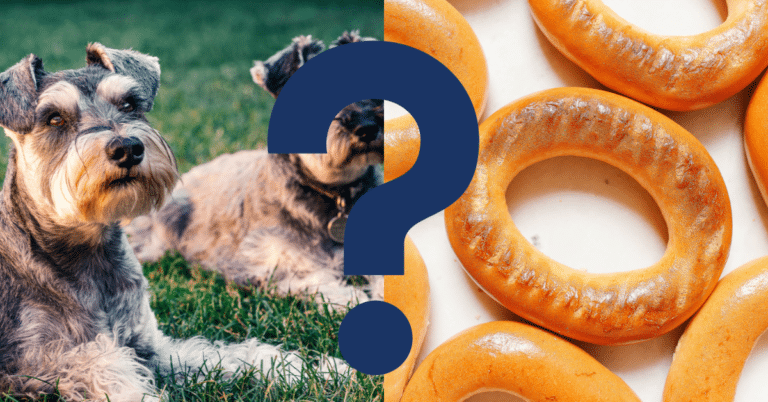Can Dogs Eat Cloves? A Vet’s opinion

Cloves contain compounds such as eugenol, but can dogs eat cloves?
Cloves should not be fed to dogs. Cloves are harmful to dogs and should be avoided. Cloves include substances that are toxic to dogs, such as eugenol, which can cause gastrointestinal upset, liver damage, and other health problems in dogs if consumed in large amounts.
Let’s dive in:
Benefits of cloves for dogs
Cloves should be used with caution in dogs, and they should not be given to your pet without first checking with a veterinarian. While cloves contain components that may provide potential advantages, they may also be detrimental to dogs. Here are some of the probable advantages and disadvantages of cloves for dogs:
Potential Advantages
- Cloves contain eugenol, a chemical that has natural anesthetic and analgesic qualities. Eugenol has been utilized in several dog dental treatments to relieve tooth discomfort and inflammation. It should, however, only be used under the supervision of a veterinarian.
- Cloves should be used with anti-inflammatory characteristics: Cloves may contain anti-inflammatory effects, which may aid with ailments such as arthritis. However, before using cloves for this purpose, consult with a veterinarian because there are safer and more effective alternatives.
Risks To Consider
- Cloves include chemicals such as eugenol and other essential oils that can be hazardous to dogs if consumed in excessive quantities. These chemicals can cause gastrointestinal distress, liver damage, and other health issues.
- Allergic Responses: Certain chemicals, especially cloves, can cause allergic reactions in dogs. Allergic responses can be minor to severe, with symptoms such as itching, hives, swelling, and trouble breathing.
- Even in little amounts, cloves can irritate a dog’s digestive tract, resulting in symptoms such as vomiting and diarrhea.
Before using cloves or any other herbs or spices as a treatment or supplement for your dog’s health, contact a veterinarian. They can advise you on safe and acceptable choices for your dog’s individual requirements. In general, it is preferable to focus on providing a balanced and healthy meal for your dog while avoiding potentially hazardous additives such as cloves.

How to safely give cloves to dogs:
Due to the possible hazards involved with clove intake, giving cloves to dogs should be done with extreme caution. If you suspect cloves may be good for your dog’s specific health issue, you should contact a veterinarian before administering them. Here are some general instructions for administering cloves to dogs safely and under the guidance of a veterinarian:
- Consult A Veterinarian: Before providing cloves to your dog, consult with your veterinarian. They can evaluate your dog’s individual requirements and advise you on whether cloves are a viable treatment choice.
- If your veterinarian concludes that cloves are safe and useful for your dog, they will advise you on the proper dosage and method of administration. The dose will be determined by your dog’s size, weight, and medical condition.
- Use Clove Essential Oil With Caution: If your veterinarian suggests using clove essential oil for dental difficulties, you must strictly adhere to their instructions. Without professional guidance, never apply clove essential oil directly to your dog’s teeth or gums, since it can be poisonous if applied inappropriately.
- Keep An Eye Out For Any Negative Responses: After giving your dog cloves, keep an eye out for any negative reactions. Contact your veterinarian right away if your dog has vomiting, diarrhea, lethargy, excessive drooling, trouble breathing, or any other strange symptoms.
- Do not use cloves for general flavoring: Do not flavor your dog’s food or treats with cloves or clove-based items. This can put your dog’s health in danger, and there are safer alternatives to supplement his diet.
In most circumstances, established veterinarian procedures and pharmaceuticals are preferable to utilizing cloves for your dog’s health concerns. Cloves have the potential to be hazardous to dogs, and the hazards of using them exceed any potential advantages. When contemplating herbal medicines or supplements for your dog, always seek the advice of a knowledgeable veterinarian.
Will cloves make a dog sick?
Cloves have the potential to make a dog ill, particularly if consumed in large quantities. Cloves include substances that are harmful to dogs, such as eugenol and other essential oils. Consuming cloves can cause several health issues, including:
- Clove consumption can irritate a dog’s digestive tract, resulting in symptoms such as vomiting, diarrhea, and stomach discomfort.
- Clove chemicals, particularly eugenol, can be toxic to a dog’s liver if consumed in large quantities. Damage to the liver can have catastrophic and long-term health repercussions.
- Other negative effects include excessive drooling, difficulties breathing, an elevated heart rate, and other symptoms in dogs.
The intensity of the symptoms will be determined by the number of cloves taken and the sensitivity of the individual dog. In any event, if you fear your dog has consumed cloves or any potentially hazardous chemical, you should seek emergency veterinarian attention. To avoid accidental intake and associated health hazards, keep cloves and other potentially hazardous items out of your dog’s reach.

A Vet’s Summary
A veterinarian’s advice on providing cloves to dogs would be cautious and certainly discouraged. Cloves include chemicals such as eugenol, which can be poisonous to dogs in large amounts. While cloves may provide some potential advantages, such as dental pain reduction and anti-inflammatory characteristics, the hazards typically exceed the benefits.
It is critical to contact a veterinarian before using cloves or any other herbs, spices, or supplements for your dog’s health. They can advise you on safe and acceptable solutions for your dog’s individual needs, as well as propose less dangerous alternatives.
Probiotics may be given to dogs and can be good to their health when utilized under the supervision of a veterinarian. Probiotics are live beneficial microorganisms that, like humans, can help create a healthy balance of intestinal flora in dogs.
Rather than depending on natural cures or spices like cloves, veterinarians may often propose mainstream and well-studied therapies and pharmaceuticals to address specific health conditions in dogs. When it comes to your dog’s health, always follow the advice and suggestions of a certified veterinarian.
Videos to watch
If you are wondering whether dogs can eat clove, watch this:
If you are wondering what food to feed your dog, watch this:






